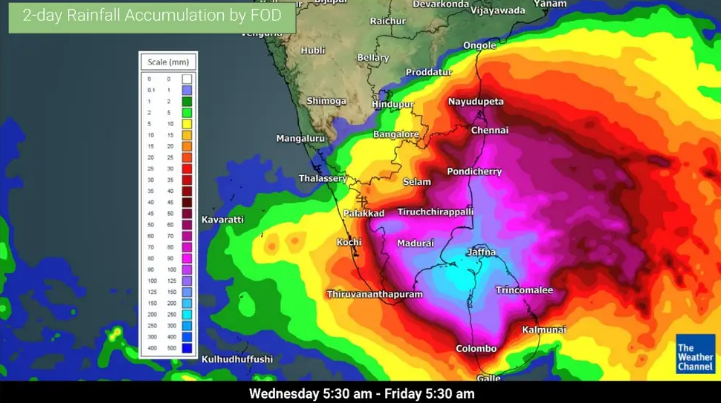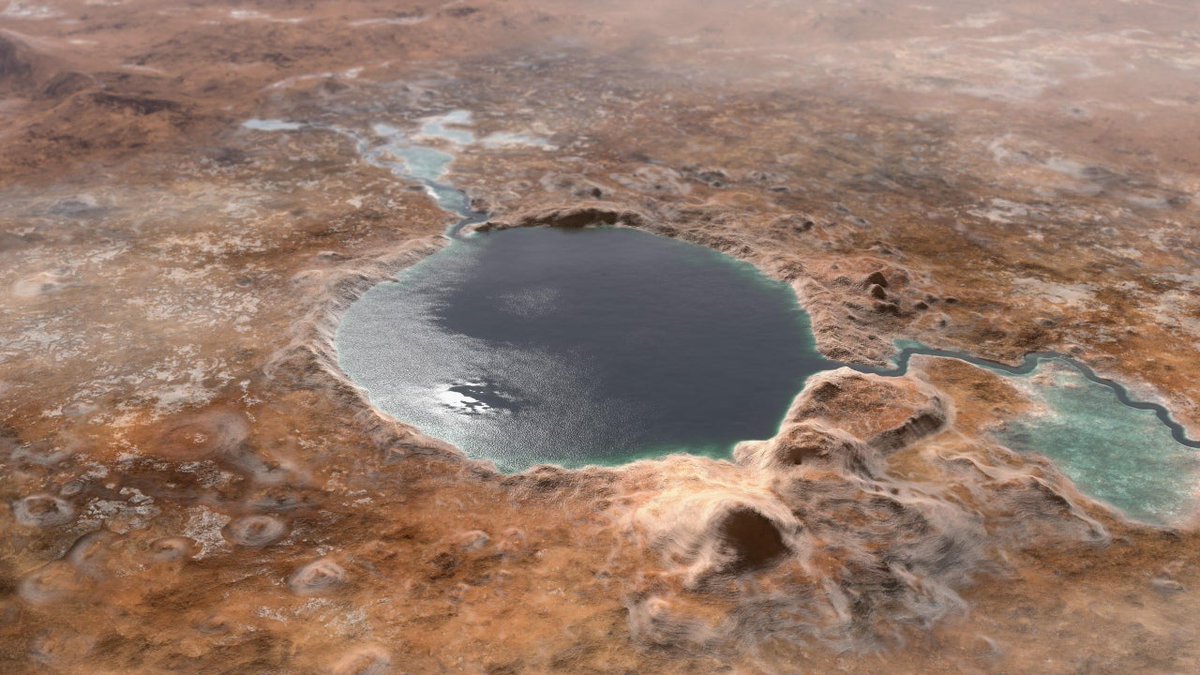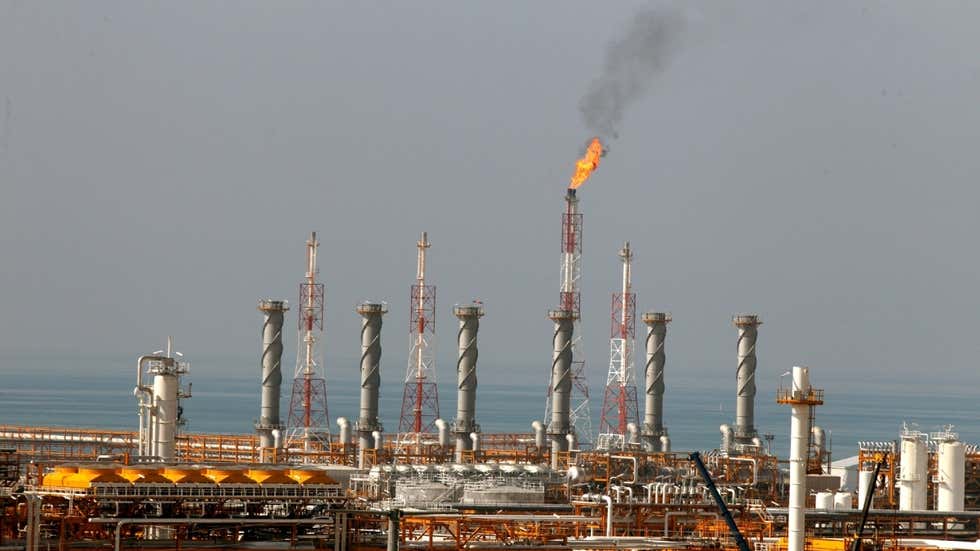
#WorldAIDSDay: Time to Reinforce our Commitment to End HIV Epidemic
weather.com/en-IN/india/he…
(📸: Dinesh Bhardwaj/TOI, Chandigarh, BCCL)
weather.com/en-IN/india/he…
(📸: Dinesh Bhardwaj/TOI, Chandigarh, BCCL)

On December 1, the world will be joining hands to spread awareness on this disease with #WorldAIDSDay, even as the pandemic threatens to derail the progress we have made so far.
The annual event is marked to raise awareness on this challenging health issue with no proven cure to completely eradicate the disease till date. The disease gained global attention way back in the 1980s when its outbreak swept across the United States & other parts of the globe.
In 2019, about 6,90,000 individuals lost their lives from HIV-related illnesses. The World Health Organisation (WHO) estimates that about 17 lakh people have infected with the virus in 2019 itself.
It was only in 1983, when the researchers from the Pasteur Institute in France identified Human Immunodeficiency Virus (HIV) behind this rare disease of that time. The virus was originally known as the Lymphadenopathy-Associated Virus or LAV.
It has been estimated that the virus originated much before this first outbreak. The epicentre of the virus is believed to be Kinshasa, the capital of the Democratic Republic of Congo. Here the virus is believed to have jumped from chimpanzees to humans back in 1920.
#WorldAIDSDay was first observed in 1988. The disease is a sexually transmitted disease and can be transmitted by the exchange of certain bodily fluids.
The theme set for this year’s observance is “Ending the HIV/AIDS Epidemic: Resilience and Impact”. The theme is important for this year as the world is already battling COVID-19 pandemic and comes with a message to reinforce urgency to end HIV/AIDS globally.
#WorldAIDSDay
#WorldAIDSDay
One of the most crucial steps towards this is increasing access to effective HIV prevention, diagnosis, treatment, and care.
#WorldAIDSDay
#WorldAIDSDay
#WorldAIDSDay: #COVID19 Pandemic can Increase #HIV Cases in Next Two Years, Warns @UN
weather.com/en-IN/india/he…
(📸: B A Raju/TOI, BCCL, Chennai)
weather.com/en-IN/india/he…
(📸: B A Raju/TOI, BCCL, Chennai)

#WorldAIDSDay | Globally, between 2000 and 2019, new HIV infections decreased by 39% and deaths fell by 51%. Moreover, 15.3 million lives were saved due to ART.
Read: bit.ly/3fZZ1fR
Read: bit.ly/3fZZ1fR

• • •
Missing some Tweet in this thread? You can try to
force a refresh










